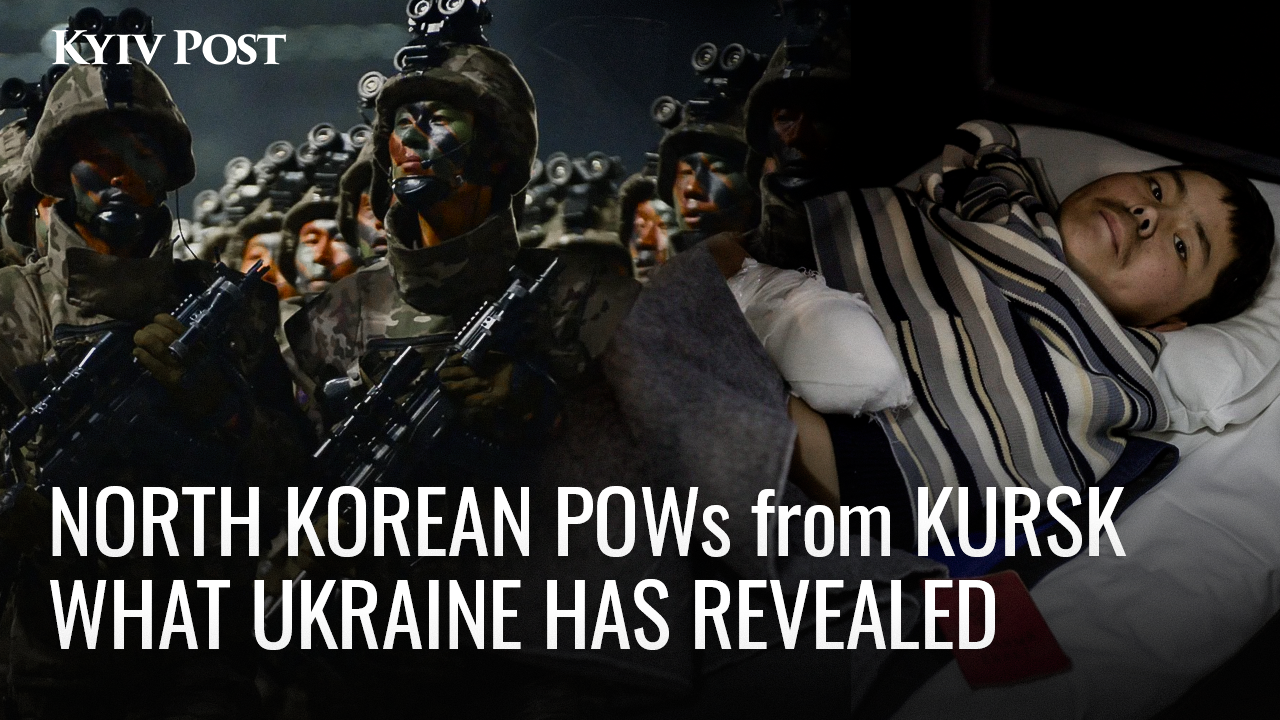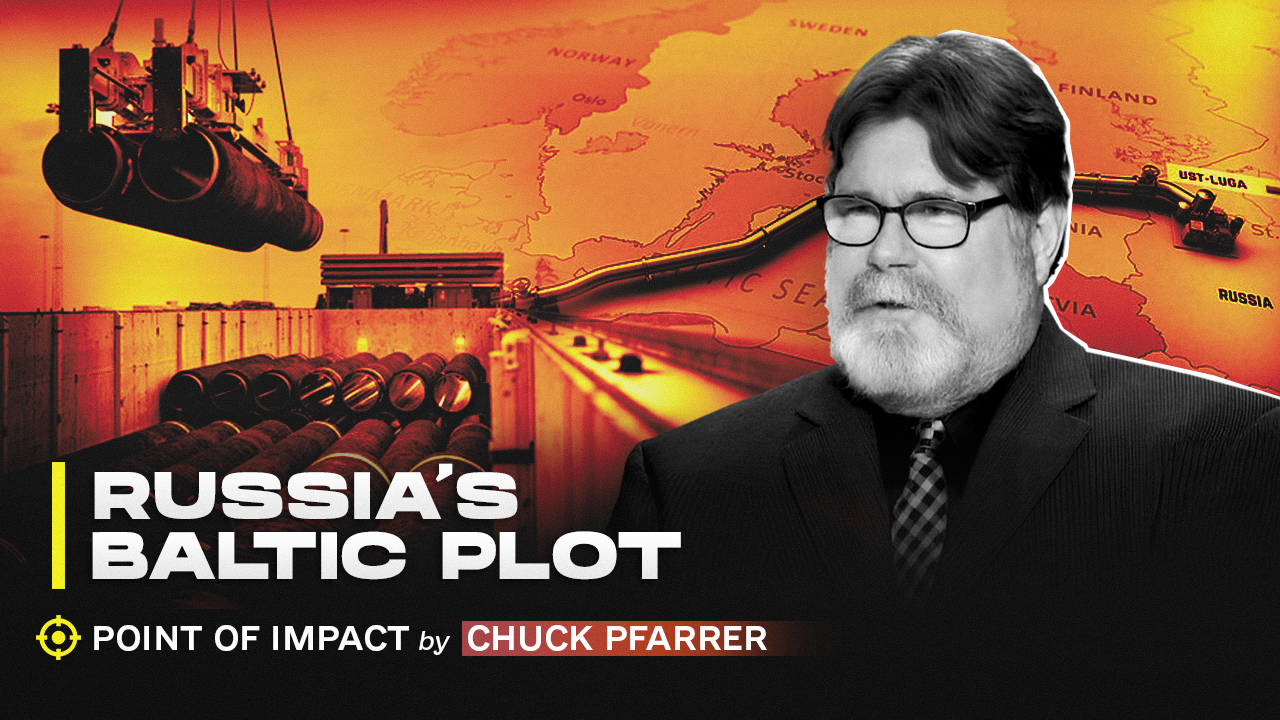The topic of peace talks between Ukraine and Russia is increasingly being discussed by the media and politicians.
There are also reports suggesting that a proposal was allegedly on the table as early as 2022.
JOIN US ON TELEGRAM
Follow our coverage of the war on the @Kyivpost_official.
Were Ukraine and Russia really close to reaching an agreement two years ago?
In this, the first of a two-part series, Kyiv Post discusses the matter with Daniel Szeligowski, head of the Eastern Program at the Polish Institute of International Affairs, who had insight into the draft of these agreements.
Michał Kujawski: Not long ago, the article was published in Foreign Affairs suggesting that a Ukrainian-Russian peace agreement was literally on the table two years ago. It refers to the talks that took place in 2022 in Minsk and Istanbul. You strongly criticized this article and your post on platform X dedicated to this topic garnered over a million views. Why was there no such deal?
Dr. Daniel Szeligowski: Indeed, Ukraine and Russia negotiated a draft treaty in 2022. However, crucial in today's assessment of these events are the intentions of the Russian side and the specific provisions of this document, which is now publicly available.
In fact, they wanted to impose terms of capitulation on Kyiv, which they tried to cleverly disguise as a peace treaty.
At that time, both I and many others familiar with the subject, including Polish government advisors and analysts, believed that the Russians were bluffing and they were not interested in achieving peace with Ukraine at all.
In fact, they wanted to impose terms of capitulation on Kyiv, which they tried to cleverly disguise as a peace treaty. Our suspicions were confirmed quite quickly, as early as March 2022, when the Ukrainian side handed us this draft agreement for review and analysis. What we read in it was simply a way to subjugate Ukraine through diplomatic means. By then, the Russians already realized that capturing Kyiv by military means had failed.

Massive Russian Military Convoy Spotted in Mali: A Boost for Wagner’s Successor?
Michał Kujawski: To simplify – the Russians simply presented an act of capitulation?
Dr. Daniel Szeligowski: We often refer to the maxim “war is the continuation of politics by other means” from Carl von Clausewitz, but for the Russians, peace talks are the continuation of war. Moscow, negotiating with Kyiv, doesn’t seek compromise but merely aims to achieve its war goals. Such a goal is the complete subjugation of Ukraine and the change of power in Kyiv. This goal has not changed since February 2022, regardless of the situation on the front, the defeats suffered by the Russian military, or the withdrawal of Russians from Kyiv. The Russians still want extensive demilitarization of Ukraine, influence over its internal politics, and halting its integration with Western structures. Essentially, they seek to incapacitate Ukraine.
Michał Kujawski: Poland played its role during the mentioned talks. What did that involve?
Dr. Daniel Szeligowski: First and foremost, the Poles contributed to the fact that these talks took place at all. We provided logistics for the Ukrainian side. Let's go back to February and March 2022. It should be remembered that there were concerns at that time about whether Oleksii Reznikov, the then Minister of Defense, should even participate in these meetings. Whether and how the Ukrainian delegation should travel to these talks. For security reasons, initially, the Ukrainians were very skeptical about these talks because they were to take place on the territory of Belarus, from which Russian troops had invaded Ukraine just a few days earlier.
We had legitimate concerns that our Western partners had fallen behind and would try to save themselves by forcing Ukraine to accept Russian terms.
In a sense, Poland ensured the security of these visits for the Ukrainian side, allowing them to use its territory and sending assistance from Polish special forces, which ensured that the Ukrainian delegation returned safely from these meetings. Poland was very heavily involved politically and diplomatically.
I mentioned that we analyzed the draft treaty, but we also supported Kyiv's negotiating position. President Zelensky repeatedly asked Poland not to agree to impose capitulation terms on Ukraine, as such concerns existed.
No one was sure whether Western countries, the United States, Germany, or France would not accept this. Poland sent weapons to Ukraine even before the Ukrainian ambassador in Germany walked out of a meeting where he was told it was already too late to provide weapons. Therefore, we had legitimate concerns that our Western partners had fallen behind and would try to save themselves by forcing Ukraine to accept Russian terms.
Michał Kujawski: What was the risk of Western countries not providing support to Ukraine?
Dr. Daniel Szeligowski: The risk was very significant. No one is willing to support a country that cannot defend itself. Therefore, it was necessary to help Ukraine withstand the first days of the Russian aggression. Polish military aid, deliveries of weapons in the early days of the war and Polish diplomatic activity during those days were absolutely crucial. I said it in interviews back then and I can repeat it publicly today – if it weren't for Poland's actions in the first days of the war, Ukraine would have lost this war long ago.
Michał Kujawski: Let's return to the peace talks. References to them have appeared not only in Foreign Affairs. The narrative that Russia genuinely wants peace is strongly shared. During the latest meeting of the Shanghai Cooperation Organization in Astana, Putin stated that agreements reached two years ago in Istanbul are still valid – according to one Russian news agency, Ukraine even initialed it. Moreover, recently in the media and political discourse, there have been numerous mentions of various peace proposals. What does Russia aim to achieve by conveying its readiness to engage in such talks through various channels?
Dr. Daniel Szeligowski: Let's clarify once again what exactly the Russians put on the table in Istanbul in the spring of 2022. This document was recently revealed by The Washington Post, and I have the impression that nobody reads it, and even if someone does – they don't understand it at all.
Essentially, the Russians simply laid out a draft treaty that would have made Ukraine a puppet state – a Russian protectorate completely dependent on Moscow.
Russia demanded that Ukraine withdraw its troops to their bases and the West immediately cease aid to Ukraine. At the same time, Russian troops would remain in Ukraine at their current deployment locations – and I'll remind you that at the end of March, they were still near Kyiv.
Furthermore, Ukraine would have to significantly disarm, adopt the status of a neutral state, and in the future, any aid to Ukraine in case of aggression would have to be consulted with Russia, even if Russia were the aggressor!
In addition to this draft treaty, the Russians included an annex listing the laws Ukraine would have to change.
Essentially, the Russians simply laid out a draft treaty that would have made Ukraine a puppet state – a Russian protectorate completely dependent on Moscow.
Ukraine couldn’t accept such an agreement. Firstly, it would have been political suicide for Zelensky. Secondly, there was no need for it because the situation on the front began to change in March and April 2022 in favor of Ukraine. Thirdly, none of the Western leaders wanted to sign such an agreement – none of them believed Putin would keep his word.
No one wanted to be the guarantor of the agreement that would incapacitate Ukraine, and Ukraine demanded international security guarantees if it were to sign anything with Russia.
There’s another issue with the Foreign Affairs article and all interpretations of the Istanbul draft treaty.
The commentators discussing these events didn’t participate in these talks, often were not even aware of them, didn’t know the context, nor the intentions of both sides.
Instead, they received documents two years after the fact and are now creatively interpreting them. This could be an interesting academic pursuit but is entirely politically harmful. It has laid the groundwork for Russia’s recent stance that Istanbul should serve as the basis for potential negotiations with Ukraine. The Kremlin even stated, and I quote, “our researchers confirm that the peace project was on the table.” Who are these researchers? Perhaps Western authors who are now engaging in this treaty acrobatics?
Ultimately, the crucial question is why Russia’s returning to discussions based on the Istanbul agreements today.
Once again – Moscow's goal remains unchanged – it continues to seek maximum subordination of Ukraine. If military means fail, Russia will pursue political means, which carry lower costs.
Therefore, Russia aims to convince Western public opinion, particularly American Republicans, that peace with Ukraine in spring 2022 was within reach. They’re trying to persuade that Ukraine already once agreed to Russian terms, so why wouldn't it do so again?
This is the first part of Kyiv Post’s interview with Szeligowski. The second part of the interview will be published Sunday, July 14.
You can also highlight the text and press Ctrl + Enter













